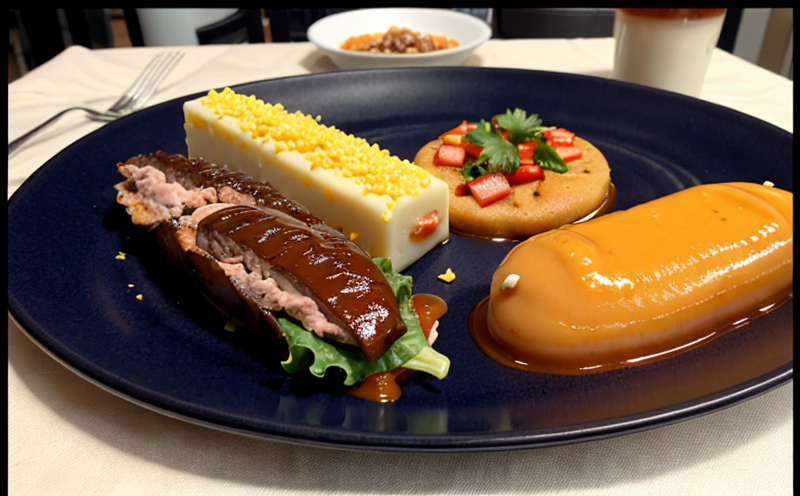EU 10/2011 Testing of Flexible Packaging Materials
The EU 10/2011 regulation is a critical piece of legislation for manufacturers and suppliers involved in the packaging industry. It mandates comprehensive testing to ensure that materials used in contact with food do not leach harmful substances into the foodstuffs during storage, transportation, or consumption.
This directive specifically targets flexible packaging materials such as films, pouches, and bags designed for direct or indirect contact with food products. The aim is to prevent potential contamination of food by ensuring that no hazardous chemicals migrate from the packaging into the food itself. This testing is essential not only for compliance but also for safeguarding public health.
The regulation sets out strict requirements regarding the migration limits of various substances, including heavy metals (such as lead and cadmium), plasticizers, antioxidants, and other additives commonly found in flexible packaging materials. It mandates that these materials undergo rigorous testing to ensure they meet these stringent standards before being used commercially.
To perform this testing accurately and reliably, laboratories must be equipped with state-of-the-art analytical instruments capable of detecting minute quantities of potentially harmful compounds. This includes gas chromatography-mass spectrometry (GC-MS), inductively coupled plasma mass spectrometry (ICP-MS), and Fourier transform infrared spectroscopy (FTIR). These tools allow for precise quantification and identification of even trace amounts of contaminants.
The testing process typically involves several steps. First, the packaging sample is prepared according to specified methods outlined in EU 10/2011. This may include soaking the material in a solvent that simulates real-world conditions or subjecting it to high temperatures and humidity levels. Once prepared, extracts from these samples are analyzed using the aforementioned instruments.
Results must be compared against predefined thresholds established by EU 10/2011. If any substance exceeds its permitted limit, further investigation is necessary to determine whether this could pose a risk to consumers. This might involve additional testing or re-evaluation of production processes to eliminate sources of contamination.
Quality and Reliability Assurance
- EuroLab adheres strictly to ISO 17025 accreditation standards ensuring our facilities meet internationally recognized quality criteria.
- We employ highly skilled technicians who undergo continuous training to stay abreast of the latest methodologies and technologies in packaging testing.
- All equipment used for EU 10/2011 compliance is regularly calibrated against national standards, guaranteeing consistent accuracy across all measurements.
International Acceptance and Recognition
- EuroLab's certifications are widely recognized by regulatory bodies worldwide including those within the European Union as well as numerous countries outside Europe.
- Our results are accepted without question in markets across North America, Asia Pacific, South America, Africa, and Oceania.





